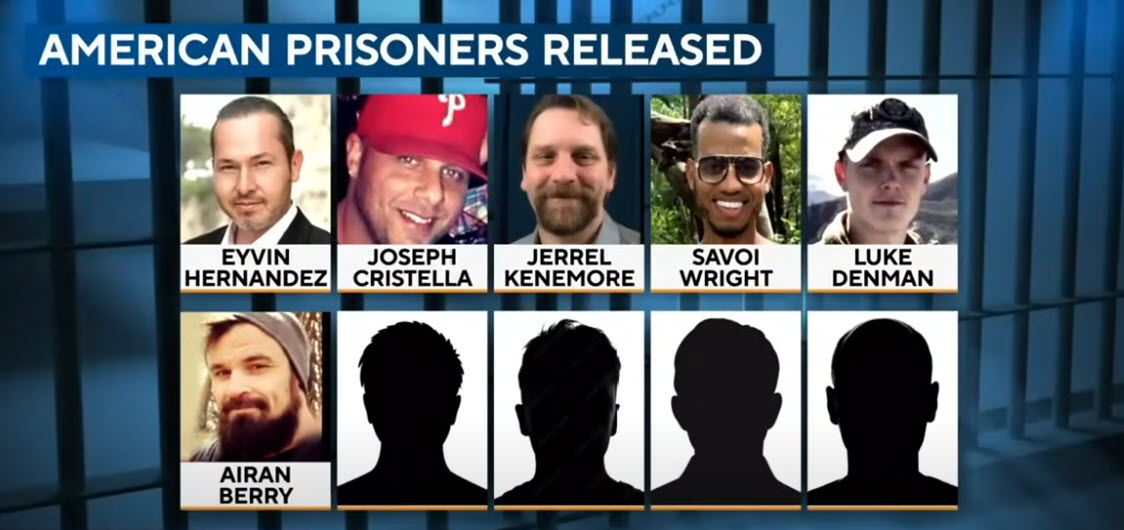In a surprise diplomatic move, the Biden administration has secured the release of ten Americans detained in Venezuela through a prisoner swap deal. The highly anticipated exchange marks a significant thaw in the icy relations between the two countries, raising hopes for further cooperation and improved human rights conditions in Venezuela.
Under the agreement, the US will release Alex Saab, a Colombian businessman and close ally of Venezuelan President Nicolas Maduro, who was arrested in Florida in 2020 on money laundering charges. Saab has consistently denied the accusations and claimed his arrest was politically motivated.
In return, Venezuela will release ten Americans, including six identified by the US as “wrongfully detained.” These individuals, caught in the complex web of US-Venezuela tensions, had faced lengthy incarcerations or uncertain legal situations for years. Their release brings relief and closure to their families and serves as a powerful symbol of the potential for diplomatic progress.
The deal goes beyond the immediate exchange of prisoners. Venezuela has also pledged to extradite Leonard Glenn Francis, a former US defense contractor currently residing in Venezuela, who is wanted in the US for his role in one of the Navy’s largest bribery scandals. Francis’ extradition serves as a win for US law enforcement and demonstrates Venezuela’s commitment to addressing corruption within its borders.
Furthermore, as part of the agreement, Maduro has committed to releasing 20 Venezuelan political prisoners. This move, long demanded by human rights groups and the international community, signifies a potential step towards improved human rights conditions and political reconciliation within Venezuela.
While the long-term implications of this prisoner swap remain to be seen, it undoubtedly represents a significant breakthrough in US-Venezuela relations. The release of Americans detained for years signals a willingness to de-escalate tensions and prioritize humanitarian considerations. Additionally, the commitments on extradition and political prisoners suggest a potential opening for further cooperation and progress on sensitive issues.
Of course, challenges remain. The Maduro regime’s human rights record continues to raise concerns, and the fate of countless other Venezuelan political prisoners remains uncertain. Nonetheless, this prisoner swap offers a glimmer of hope for improved relations and continued dialogue between the two countries. It paves the way for a future where addressing concerns and respecting human rights can coexist with diplomatic engagement and cooperation.
As the ramifications of this historic prisoner swap unfold, one thing is clear: the path towards reconciliation and progress requires mutual understanding, compromise, and a commitment to the well-being of all individuals involved. It is a long road ahead, but this exchange marks a critical step in the right direction, offering a renewed sense of hope for a more constructive and humane relationship between the US and Venezuela.



